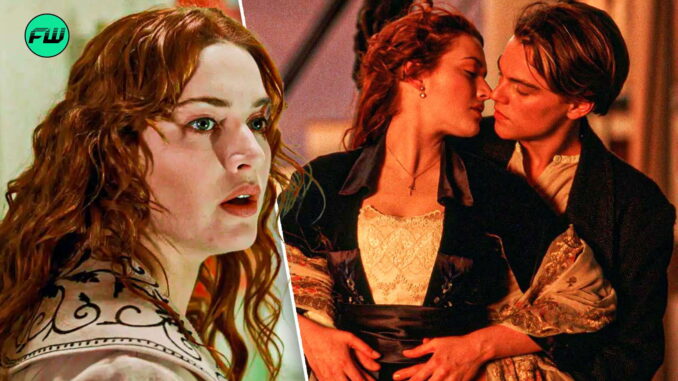
The air in the old stone church was a crisp, almost brittle cold, sharp enough to make the inside of my nose tingle. It was a cold that seemed to seep not just into the bones, but into the very fabric of time, slowing it down to a thick, viscous crawl. The pews creaked with the weight of hushed solemnity, each muffled cough and whispered condolence a separate, piercing note in the muted symphony of grief. I was at the funeral of my grandmother, a woman whose absence had already begun to unfurl like a vast, empty canvas where her vibrant strokes once were.
My world, on that grey morning, had shrunk to the four walls of that sanctuary, my universe defined by the heavy, polished wood of the casket and the faint, sweet scent of lilies mingling with the musty perfume of ancient hymnals. The concept of a world beyond, bustling with its everyday demands and triumphs, felt utterly foreign, a distant echo from a reality I no longer inhabited. The idea of a homework assignment, a school play, even the trajectory of my own nascent life, seemed utterly distant, irrelevant. There was no ‘missing’ an event, because all other events had ceased to exist. My personal tragedy, immense and all-consuming, had imposed its own unyielding premiere: the final, solemn act of a life well-lived.
Grief is not a gentle visitor; it is an invading army, laying siege to the present, demanding absolute surrender. It strips away the veneer of routine, the illusion of control, and exposes the raw, beating heart of our human vulnerability. It makes the grand spectacles of the world outside seem trivial, even absurd, when your internal landscape has been flattened by an emotional earthquake. And sometimes, this profound personal tragedy chooses the most ironically public moment to strike, forcing a cruel juxtaposition between the world’s triumphant roar and the soul’s quiet, shattering wail.
This is the chasm that opened for Kate Winslet at the very zenith of her career. The world was ready to crown her. Titanic was not merely a movie; it was a global phenomenon about to explode, propelled by an unprecedented marketing blitz and a narrative that captivated millions. Premiers were being orchestrated in glittering cities across the globe – Los Angeles, London, Paris, New York – each a high-octane celebration, a red-carpet coronation for its burgeoning stars. But as the champagne corks popped and the flashbulbs flared, Kate Winslet was nowhere to be seen.
Her absence wasn't a PR stunt or a scheduling conflict; it was the quiet, profound act of a soul cleaved by loss. Days before the worldwide premier, her long-time friend and first love, Stephen Tredre, succumbed to bone cancer. While the world eagerly anticipated the cinematic spectacle, Winslet was consumed by a tragedy far more real and devastating. To attend those events, to smile for the cameras, to answer questions about the fictional heartbreak of Jack and Rose, would have been an act of profound and unbearable hypocrisy. It would have been a betrayal of her own sorrow, a denial of a loss that eclipsed any professional obligation. Her decision to miss those defining moments, her public silence amidst the thunderous applause for her work, was a testament to the non-negotiable dominion of sorrow. The external world could celebrate, but her internal world was in mourning, and there was no compromise.
The scale of our respective tragedies differed vastly, as did their public recognition. My grandmother’s funeral was a private affair, observed by a small congregation of family and friends in a quiet town. Winslet’s loss, though deeply personal, played out against the backdrop of a global cinematic event. Yet, the chasm of sorrow, whether it swallows a small personal milestone or a colossal public triumph, demands the same surrender. It forces a brutal reordering of priorities, where the grandest stage or the most anticipated event pales in comparison to the quiet imperative of grief.
In both instances, the world continued to spin, oblivious or indifferent to the profound internal rupture. For me, school continued, seasons changed, and life’s mundane demands slowly, incrementally, returned. For Kate Winslet, Titanic soared to unimaginable heights, breaking box office records and etching itself into cinematic history, her image plastered on billboards and magazine covers even as she privately mourned. But the shared thread was this: a horrific personal tragedy had caused life to pause, to retreat into the necessary solitude of sorrow, rendering all external noise, no matter how deafening, utterly silent. It is a stark reminder that beneath the veneer of ambition and achievement, we are all fragile, all connected by the shared experience of love and its inevitable shadow, loss, which demands its due, regardless of the world's pressing schedule.